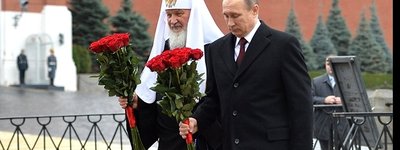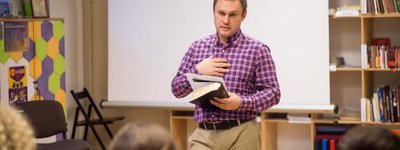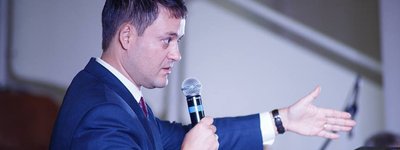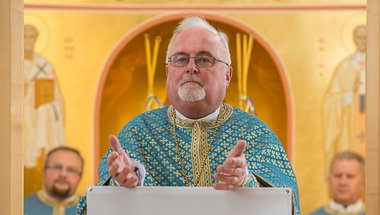What the OCU and the UGCC can teach each other
…the UGCC and the OCU can learn from each other’s historical experiences.
The head of the Ukrainian Greek-Catholic Church (UGCC) has hailed the new Orthodox Church of Ukraine (OCU). In this new situation, the two churches share similar challenges. Three of those challenges concern a church’s relations with the state, with politics, and with other churches and religious groups. A fourth involves a church’s internal governance. In all three areas, the UGCC and the OCU can learn from each other’s historical experiences.
As a part of the Catholic Church, the UGCC benefits from nearly two millennia of experience with various states – the Roman Empire, the early barbarian kingdoms, the medieval feudal states, the Holy Roman Empire, the great monarchies of the early modern period, the nation-states and empires of the nineteenth century, and the ideologically-based regimes of the twentieth. Even after losing its temporal power, the Holy See has been able to exert an influence on world politics without becoming captive to any state. Thus, the UGCC can draw on the Vatican’s experience with regimes both friendly and hostile. And it can use that wisdom to keep a proper distance from the state. That is a wisdom that it can share with the OCU. For the prominent (and no doubt necessary) role of President Poroshenko’s administration in the creation of a new Orthodox Church in Ukraine must not lead to overbearing state interference in church affairs. That is always a danger with a country burdened with the legacy of the Russian Orthodox Church, which has exerted an often negative influence on church-state relations in Ukraine since the seventeenth century.
Connected with church-state relations is the matter of relations between religion and politics. Certainly, religion has always influenced politics, and there is no sense in trying to deny this. However, political influence on religion can be deadly. The UGCC, both as part of the Catholic Church and in its historical experience in Western Ukraine, has a good deal of experience – much of it negative – to share with its Orthodox brethren. Catholicism has struggled against modern political movements and ideologies like socialism and fascism. The UGCC has a complex legacy of relations with Ukrainian nationalism. In a time of foreign invasion and occupation, there is a natural tendency for religion to become closely involved with patriotism. At the same time, nationalism poses certain ideological dangers. UGCC Metropolitan Andrei Sheptytsky’s distinction between Christian patriotism and pagan nationalism is one of the lessons from which the OCU could benefit.
The UGCC also benefits from the Catholic Church’s recent experience with ecumenism, which dates from the Second Vatican Council. Here, Rome has trod carefully, entering into discussions with Orthodox and, to a limited extent, Protestants. It has learned to maintain dialogue, never compromising its basic dogma, but continuing discussions that can lead to better understanding, mutual enrichment, and perhaps eventual reconciliation. The Roman Catholic Church has also engaged in interreligious dialogue, finding common ground and common cause with Jews, Buddhists, Muslims, and other non-Christians. This experience, in which the UGCC shares, has nourished a wisdom from which the OCU can benefit in its relations with the Orthodox Church of the Moscow Patriarchate and other Christian churches, as well as with Ukraine’s Jews, Muslims, and others.
But in the matter of internal governance, it is the UGCC that can learn from the OCU. Broad participation in church government is a venerable Orthodox tradition. The Ecumenical Patriarchate invited ordinary clergy and laity as well as bishops to the December 15 unification council. While the UGCC can draw on the conciliar tradition of the Catholic Church, it can also learn from the strong Orthodox traditions of synodality and lay participation. This applies not only to the conduct of major councils, but to the election of bishops and priests. The UGCC may not be prepared to take such a decentralizing, “democratic” step as to allow parishes to elect their pastors – a practice that the Soviet authorities used to undermine and control the Orthodox Church. And lay election of bishops would seem to violate the rule of apostolic succession. But even Roman Catholics have sometimes called for lay participation in the election of bishops to ensure accountability. In any case, there is much in the Orthodox tradition that Greek-Catholics can study and consider.
In these four ways, Ukrainian autocephaly should provide broader opportunities for Greek-Catholics and Orthodox to enrich each other’s lives.










